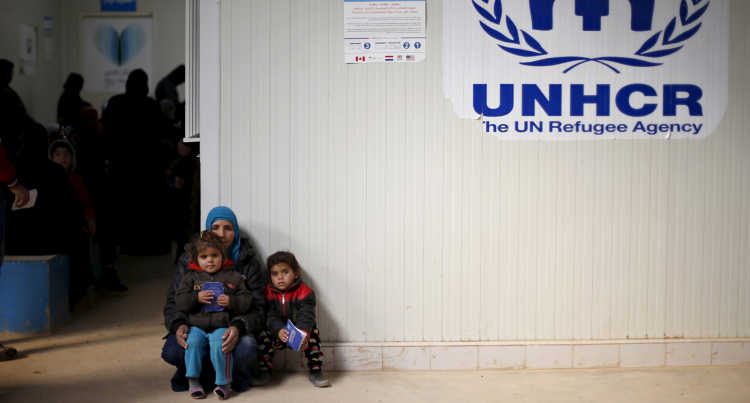- Home
- Publications
- GIGA Working Papers
- Brutalisation as a Survival Strategy: How the "Islamic State" is Prolonging Its Doomsday Battle
Stephan Rosiny
Brutalisation as a Survival Strategy: How the "Islamic State" is Prolonging Its Doomsday Battle
GIGA Working Papers | 2016
Regional Institutes
Research Programmes
Series
GIGA Working Papers
Series Number
288
Number of Pages
25
Publisher
German Institute for Global and Area Studies (GIGA)
Location
Hamburg

Abstract
The recent bomb attacks at the Istanbul airport (28 June 2016), in a tourist cafe in Dhaka, Bangladesh (2 July), and in Bagdad (3 July) were part of a "Ramadan campaign" announced by the spokesman of the self‐declared “Islamic State” caliphate in late May 2016. This series of attacks was intended to make the Islamic holy month of Ramadan "a month of calamity everywhere for the non‐believers." It has generated significant international attention for an organisation which has recently lost the cities of Ramadi and Falluja in Iraq and which is under serious pressure in the strategic city of Manbij in Syria.
This article analyses the Islamic State’s (IS) contextual use of different forms of violence and argues that the attacks and the defeats are two sides of one coin: the group is losing territory and credibility by failing to continue with its expansion of the universal Islamic caliphate that "Caliph" Abu Bakr promised in summer 2014; it is now compensating for these territorial losses by expanding its field of action through terrorist attacks, thereby suggesting a fictitious expansion. The article explains how the group has exhibited a three-stage "cycle of violence" in which violence has served specific functions. In the first stage, from roughly 2003 to 2010, violence was used as part of a mobilisation strategy. In the second stage, from 2010 to 2015, violence served mainly to facilitate the group’s expansion and rule. In the third stage, which began in 2015, the increasingly brutal violence and the fictitious expansion have constituted the centrepiece of a survival strategy. Against this background, the article suggests that the Islamic State will most likely not have a future as a territorial entity but will, at best, survive as a terrorist apocalyptic sect.




